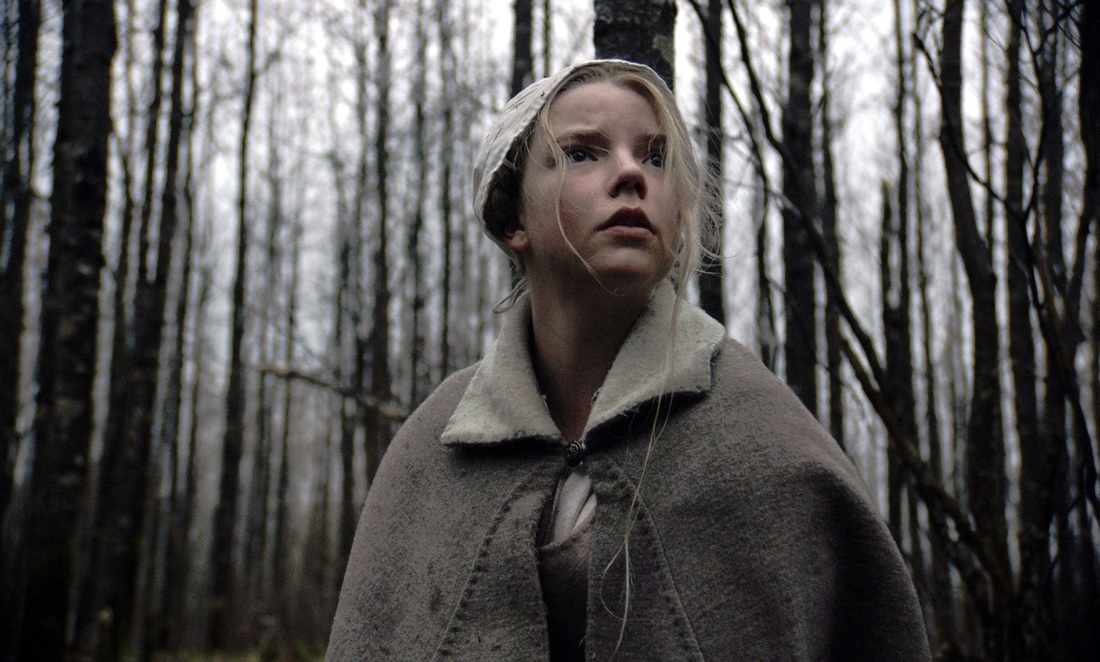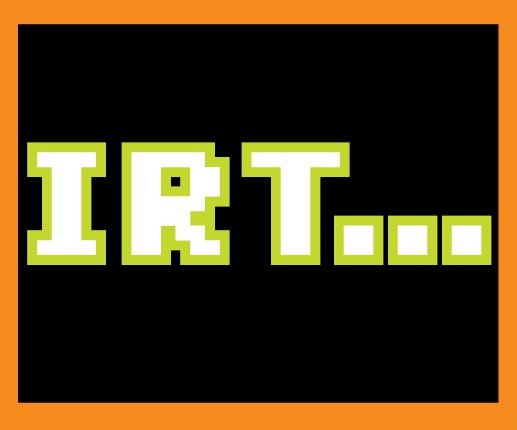Eggers’ tale takes us back in time to 1630’s New England, an era consisting of little more than deep religion and creeping suspicion. Having been booted from his small commune village for prideful crimes, patriarch William (Ralph Ineson) leads his family into the wilderness to start life anew. Settling beside a forest with little more than a farmhouse and some goats, they place their trust in God and begin the tough slog of survival. However things quickly turn south when their youngest, baby Samuel, suddenly and mysteriously disappears during a game of peek-a-boo with sister Thomasin (Anya Taylor-Joy).
You’d expect the next hour or so to be a straight up search for the missing little one but unfortunately this becomes the least of their worries. Things swiftly go from bad to worse as crops fail, children are possessed and murmurings of witchcraft start to mount. While the God they tirelessly pray to remains silent, it soon becomes clear that a more malevolent spirit has taken a shine to this jettisoned family unit. Left at the centre of each of these supernatural tragedies is eldest sister Thomasin who’s forced to answer some difficult questions when fingers start pointing. Meanwhile Eggers keeps us guessing as to who the real culprit really is, with the family’s unsettlingly sly looking goat Black Phillip always close to hand when things get dark.
You’d be hard pressed to tell that is Eggers’ first time taking a directing credit. A keen eye for composition and an effortless ability to elicit nerve wrecking dread give the impression he’s been at it for years. His Production Designer background is put to great use in the cinematography, with each frame resembling a photograph come to life. Couple that with the script’s commitment to the tongue of the time and you get an all-round authentic experience. It’s tempting to go into detail about the film’s more twisted moments but that’d ruin all the fun. Needless to say, you won’t forget this one in a hurry.


 RSS Feed
RSS Feed
